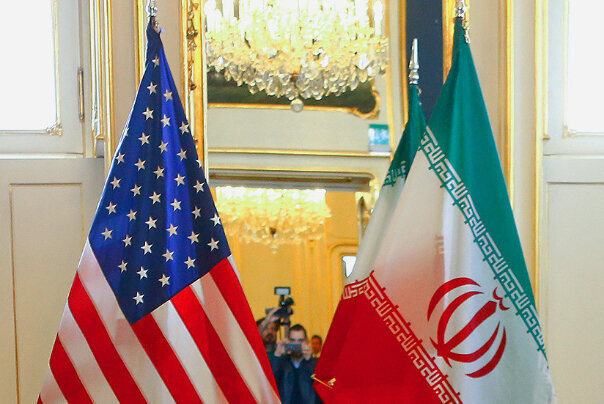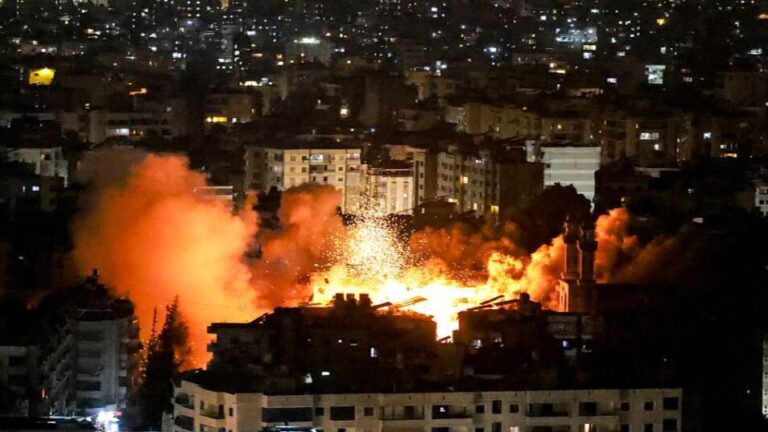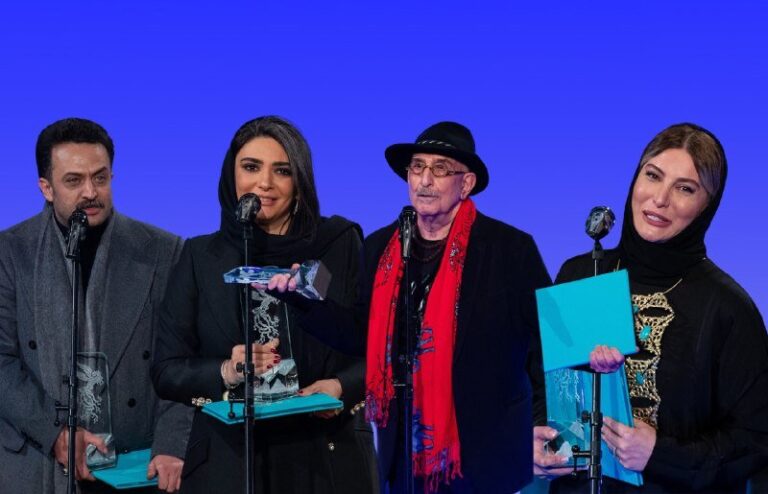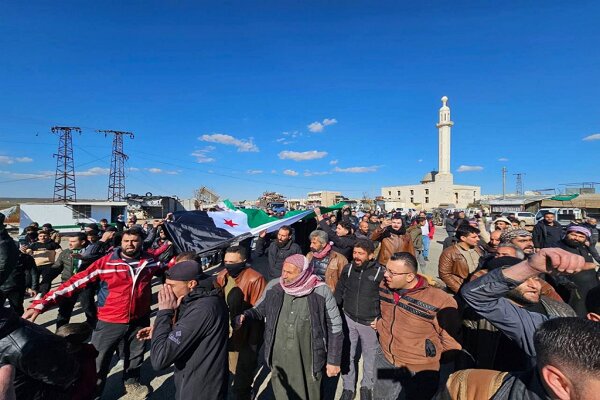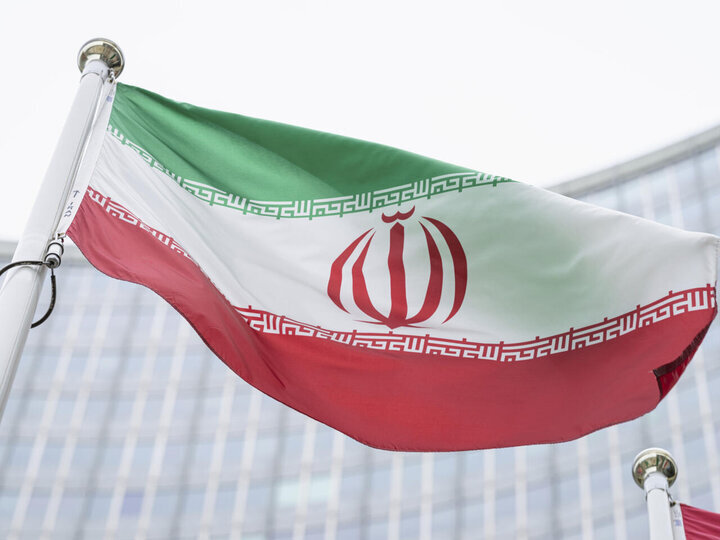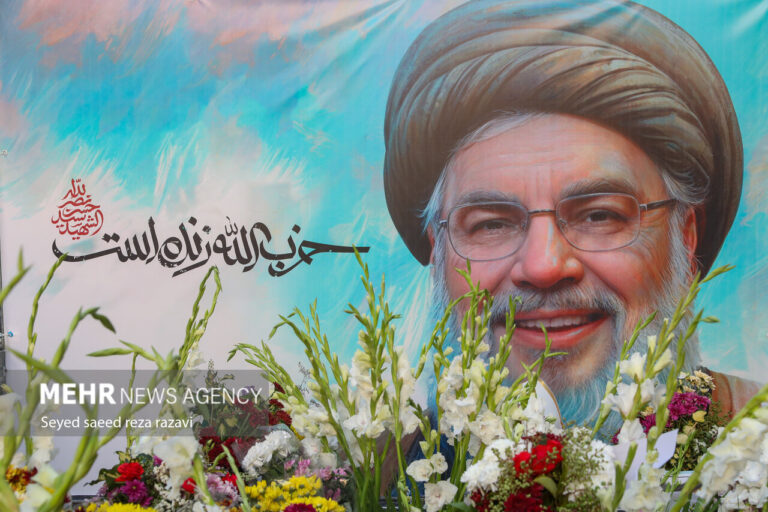Iran Demands Strong Guarantees in Crucial Nuclear Negotiations
The recent statements from the Government Spokeswoman, Fatemeh Mohajerani, highlight the critical importance of securing guarantees in negotiations, particularly in the context of international diplomacy. Her emphasis on the need for assurances resonates with ongoing discussions about the effectiveness and durability of any agreements reached.
In a press briefing, Mohajerani stated, “Given our past experiences, we will need assurances to safeguard the results achieved from these talks.” This comment reflects Iran’s cautious approach to negotiations, especially in light of historical precedents that have shaped their current diplomatic strategies.
During the session, when asked by a reporter about the potential for reaching an agreement in a limited number of negotiation sessions, she clarified Iran’s stance. “We believe that reaching a good agreement within a limited timeframe is achievable,” she noted, indicating a preference for efficiency over prolonged discussions.
The Importance of Guarantees in Negotiations
Guarantees play a pivotal role in the success of negotiations, especially in sensitive areas such as nuclear discussions. Here are some key points regarding the significance of these assurances:
- Historical Context: Past negotiations have often ended without firm commitments, leading to skepticism about the reliability of agreements.
- Preventing Future Conflicts: Assurances can help mitigate the risk of misunderstandings or violations that could lead to renewed tensions.
- Building Trust: Establishing guarantees fosters an environment of trust among negotiating parties, essential for productive dialogue.
- Long-term Stability: Effective guarantees contribute to the durability of agreements, ensuring that all parties adhere to the terms over time.
Mohajerani’s remarks underscore a broader strategy that Iran appears to be adopting in its diplomatic engagements. This approach aims to achieve results that are not only beneficial but also sustainable in the long run.
Challenges in Negotiation Processes
While the desire for a swift resolution is clear, various challenges continue to hinder negotiations. Some of these challenges include:
- Diverse Interests: Different priorities among negotiating parties can complicate the process.
- Geopolitical Dynamics: External political pressures and alliances may influence the trajectory of discussions.
- Historical Precedents: Previous failures in negotiations often lead to distrust and cautious attitudes.
Mohajerani’s assertion that Iran does not favor “prolonged and exhausting processes” reflects a strategic choice to streamline discussions while ensuring that any agreements reached are robust and reliable.
The Path Forward
As Iran navigates its diplomatic landscape, the focus on achieving effective negotiations remains paramount. The Government Spokeswoman’s insights offer a glimpse into Iran’s negotiation philosophy, which prioritizes:
- Efficiency: Striving for quick yet comprehensive agreements.
- Security: Seeking solid guarantees to protect the outcomes of negotiations.
- Collaboration: Working with international partners to find common ground.
In conclusion, the comments from Fatemeh Mohajerani serve as a reminder that the road to successful negotiations is often fraught with obstacles. However, with a clear focus on guarantees and a commitment to effective dialogue, Iran aims to navigate these challenges successfully. As the international community watches closely, the outcomes of these negotiations could have significant implications for regional and global stability.
